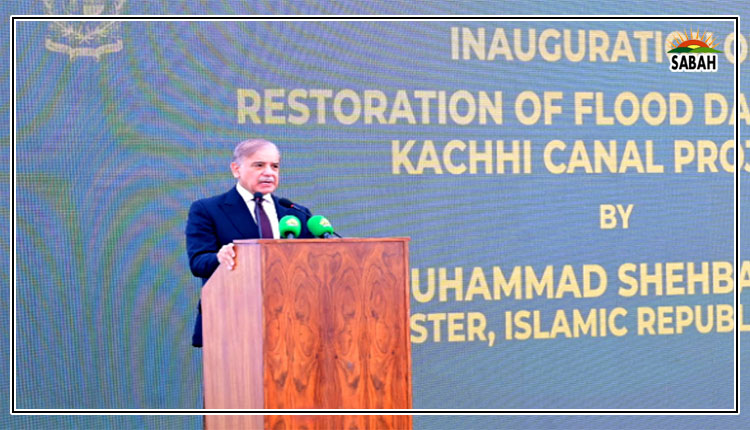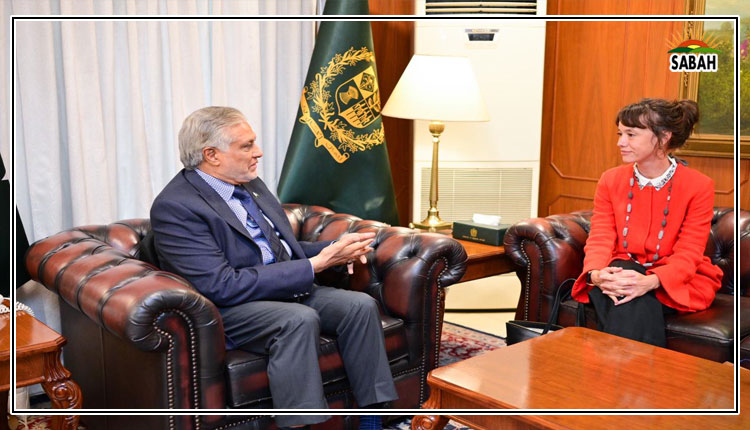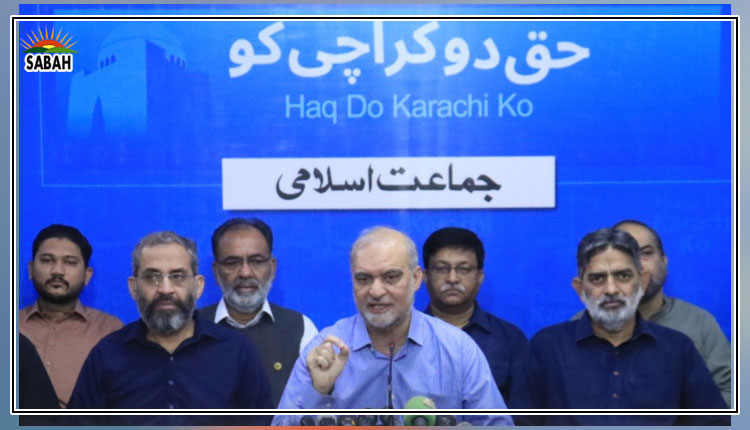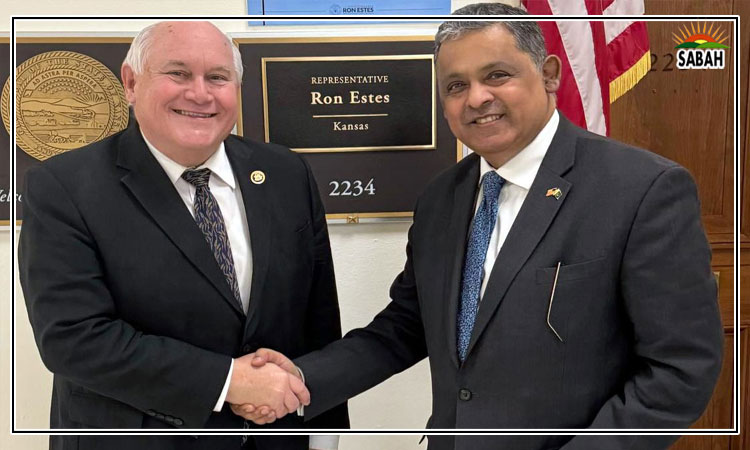Hindutva peril…Sabina Babar
The inauguration of Ram Mandir in Ayodhya has dashed any hope for Indias 200 million Muslims to feel safe in what they formerly believed was their country too. The Human Rights Watch World Report 2023 declared that the BJP government has continued its systematic discrimination and stigmatization of religious and other minorities, especially Muslims.
This discrimination goes beyond mere instances of mob violence and vigilantism; it reflects a deeper issue concerning the essence of the Indian state under Prime Minister Narendra Modi. With the rise of muscular Hindu nationalism, the pervasive saffronization of institutions and the increasing trend towards majoritarianism, India is gradually forsaking its constitutional neutrality.
The imposing temple in Ayodhya stands on the same ground where Hindu nationalists razed the 16th-century Babri Masjid in 1992, unleashing nationwide riots which resulted in the killing of over 2000 people, most of them Muslims. That orgy of violence holds chilling parallels with recent targeted assaults on Muslims in India over accusations of cow slaughter or so-called love jihad. The lesson since Ayodhya is unmistakable: whether its lynch mobs, vigilantes, or unjustified state demolitions of Muslim homes, Indias largest minority community is subject to the whims of the Hindu majority.
Reportedly built over 70 acres and at an estimated cost of $250 million, financed by private donations, Ram Mandirs granite walls enclose the corpse of Indian pluralism. The demolition of Babri Masjid, despite being an illegal act, established a precedent of impunity for violence against Muslim sites and lives.
Besides, Indias highest court was complicit in rubber-stamping this new normal. While wagging a finger at the 1992 demolitions illegality, its verdict handed the land for building the temple to the very Hindu activists behind the destruction. To garner international legitimacy for its actions, PM Modis government enlisted the support of Bollywood celebrities to add credibility and a touch of glamour to the event.
The Ayodhya judgment also compromised a 30-year-old parliamentary law expressly prohibiting retroactive changes to the religious status of places of worship after Indias 1947 independence. The court indicated that minority places are not legally protected against majoritarian claims and mob control by declining to maintain this regulation. The ramifications are seen across the country as Hindu nationalists assert comparable rights over mosques located in Varanasi and Mathura.
At the heart of this Hindu nationalism movement lies the idea that India is a Hindu Rashtra enshrining the faith as the state religion in all but name. The strategic replacement of the word India in BJP rhetoric with Bharat signals the fundamental shift away from the secular nation envisioned by Indias founding fathers. This conceptual shift seems complete with the opening of the state-sponsored Ram Mandir in Ayodhya, built literally from the rubble of Muslim identity. Due to religious polarization, the demolition of the mosque has made it possible for the BJP to achieve an astounding electoral ascent.
The consecration of the temple comes after several other significant political actions taken by PM Modi in pursuit of his governments Hindu nationalist goal. This includes removing the special autonomous status of Indian illegally occupied Jammu and Kashmir (IIOJK), the nations only state with a majority of Muslims, and passing the controversial Citizenship Amendment Act of 2019.
With the inauguration of the temple mere months before the 2024 elections, PM Modi leaves no doubt that divide-and-rule communal politics will remain his partys dominant electoral strategy for cementing long-term power. The re-election of the BJP, which seems probable, could have long-term repercussions for the Muslim community, further subjugating and marginalizing them.
The soul-searching question now is whether Ayodhya and its disturbing aftermath signal a new normal for India where minorities know their subordinate place, mobs enforce morality through violence, and the law is deployed as an instrument of state repression, not justice.
While PM Modis government often argues that it is simply correcting historical injustices, its policies seem to be empowering Hindu nationalist sentiment and eroding protections for minority groups. Weaponizing faith as an instrument of political power threatens the unity of a common national fabric woven from countless multi-coloured threads of language, ethnicity and belief systems over millennia.
Shortly after, the resplendent Ram Mandir in Ayodhya opened to the public with PM Modi as the guest of honour, its inauguration was marked with state pomp as a half-day by the central government and full holiday by several state governments, leaving little doubt of its symbolism in heralding a Hindu-first India for posterity.
But can democratic India truly survive without the ballast of constitutional secularism balancing religious freedom with pluralism? The answer awaits as India turns 77 this year. For Muslims mourning their place in India, the awakening feels more like a recurring nightmare. The reopened wounds of Ayodhya continue bleeding them into uncertainty over their future.
Courtesy The News











